Treatment Of Rheumatic Heart Disease
Treatment of rheumatic heart disease. The key to ARFRHD management is secondary prevention with continuous antibiotic prophylaxis to prevent recurrent infection with Group A streptococcus. Rheumatic heart disease can be prevented by preventing strep infections or treating them with antibiotics when they do occur. This is to get rid of any residual strep infection and to prevent it from coming back.
The acute rheumatic fever the precursor to rheumatic heart disease can affect various organs and lead to irreversible valve damage and heart failure. Secondary prevention of rheumatic fever is defined as the continuous administration of specific antibiotics to patients with a previous attack of rheumatic fever or well-documented rheumatic heart disease. Regular long-term penicillin treatment can prevent rheumatic fever becoming rheumatic heart disease and can halt disease progression in people whose heart valves are already damaged by the disease.
Patients with severe rheumatic heart disease will often require surgery to replace or repair the damages valve or valves. Balloons inserted through a vein to open up stuck valves. Treatment depends on the severity of rheumatic heart disease but may include.
The treatment of rheumatic heart disease is designed to do 2 things. Data on appropriate duration of treatment are based mostly on expert opinion and vary among different countries. Early treatment of streptococcal sore throat can preclude the development of rheumatic fever.
Salicylates remain the first-line drugs in the treatment of arthritis. Usually aspirin is given in large doses until the joint inflammation goes away. Some of the methods to reduce the incidence and impact of rheumatic heart disease include.
Moderate to severe. Since rheumatic heart disease is caused by the group A streptococcus bacteria one of the treatments is antibiotics. Its important to take antibiotics as prescribed and to complete them as instructed even if you feel better after a few days.
Various types of medication are prescribed to treat rheumatic diseases. Some patients are diagnosed with rheumatic fever but never experience heart problems if their tissues heal completely.
Heart disease is a complication of rheumatic fever but it can take years for symptoms and signs of damage to appear.
Living with rheumatic heart disease. Hospital admission to treat heart failure. Prevention of initial attacks of rheumatic fever primary prevention requires the eradication of group A. In many developing countries lack of awareness of these measures coupled with shortages of money and resources are important barriers to the control of the disease. Data on appropriate duration of treatment are based mostly on expert opinion and vary among different countries. Your overall health and medical history extent of the disease your tolerance for specific medications procedures or therapies expectations for the course of the disease your opinion or preference. Some drugs only treat symptoms like pain and inflammation while others. Usually aspirin is given in large doses until the joint inflammation goes away. The treatment of rheumatic heart disease is designed to do 2 things.
This is to get rid of any residual strep infection and to prevent it from coming back. Treatment of rheumatic heart disease. Rheumatic fever is treated with antibiotics and anti-inflammatory medications. Antibiotics for infection especially of the heart valves Blood-thinning medicine to prevent stroke or thin blood for replacement valves. Living with rheumatic heart disease. The purpose is to prevent colonization or infection of. Secondary prevention of rheumatic fever is defined as the continuous administration of specific antibiotics to patients with a previous attack of rheumatic fever or well-documented rheumatic heart disease.

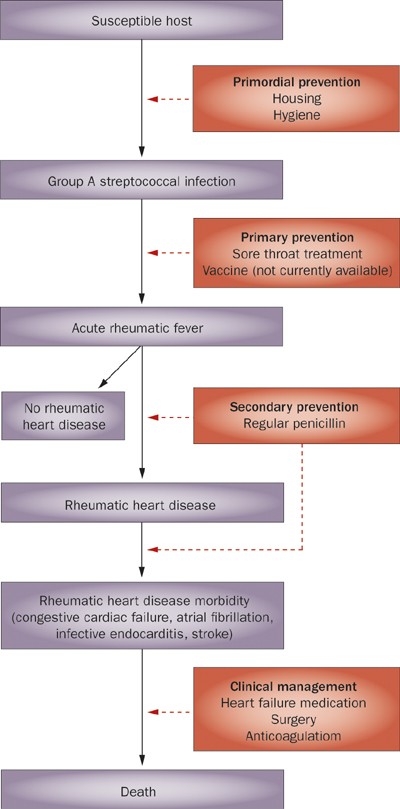






:max_bytes(150000):strip_icc()/rheumatic-heart-disease-1746054_Final-ea5363d837e04f2db79f92f0039206f4.jpg)







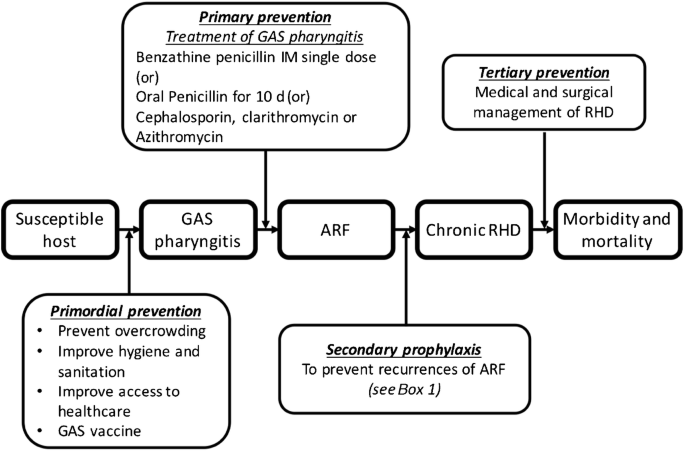
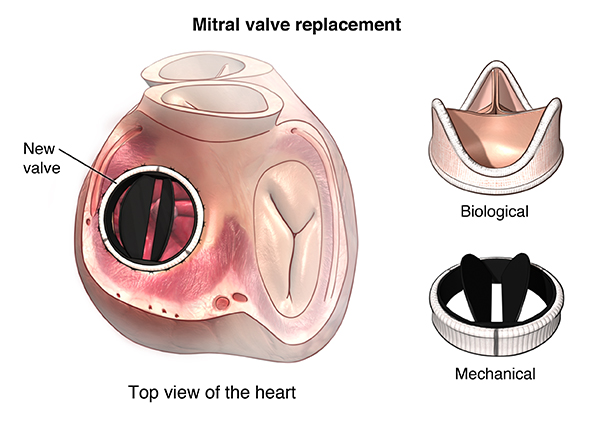




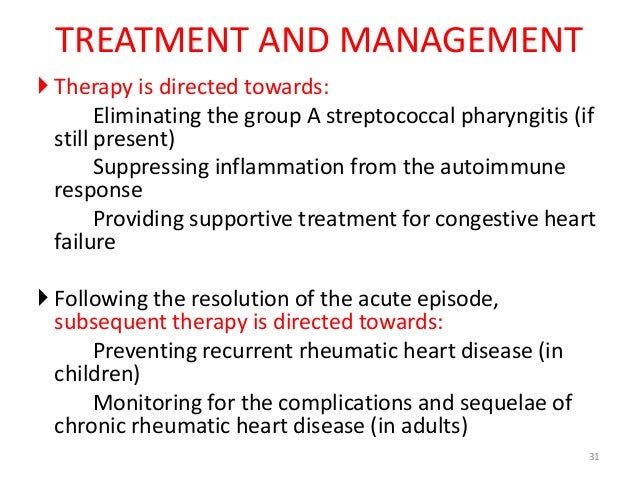

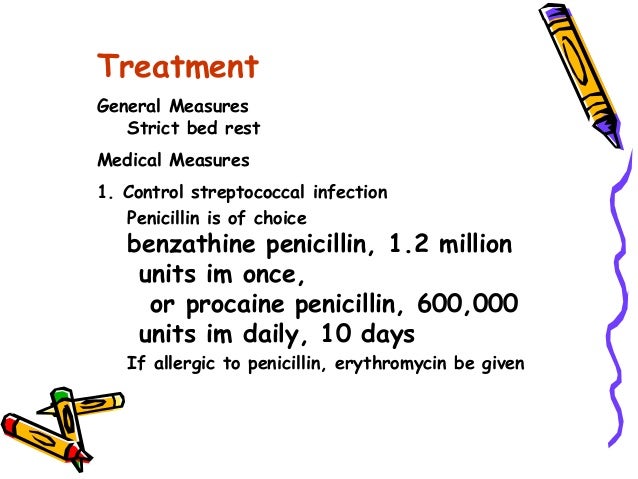



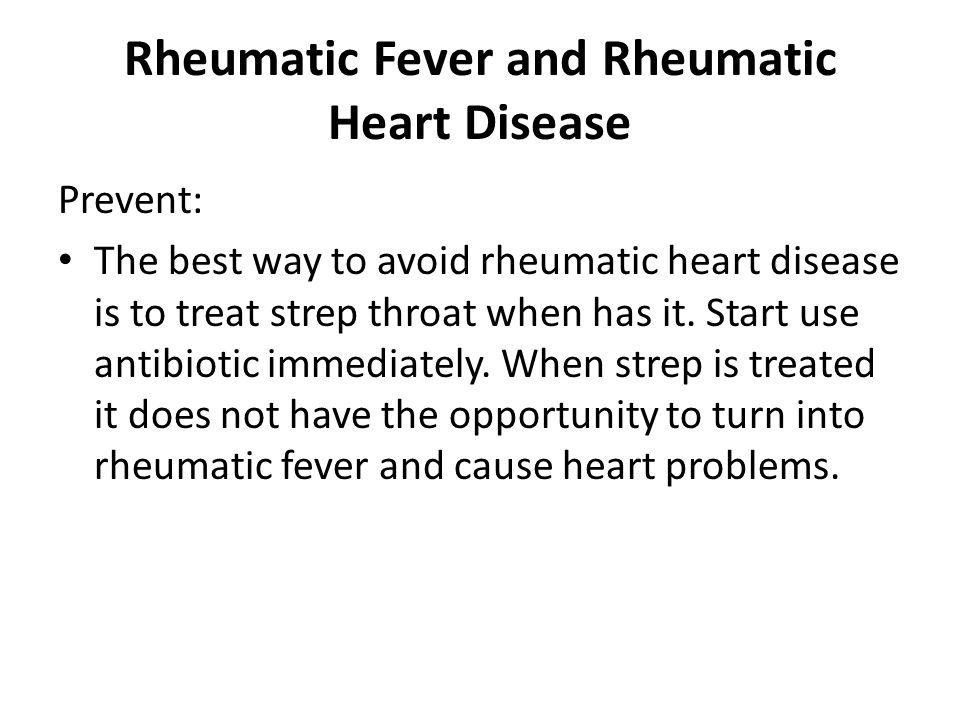

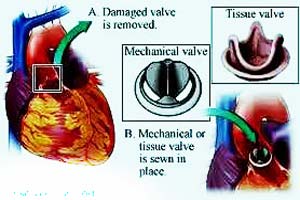
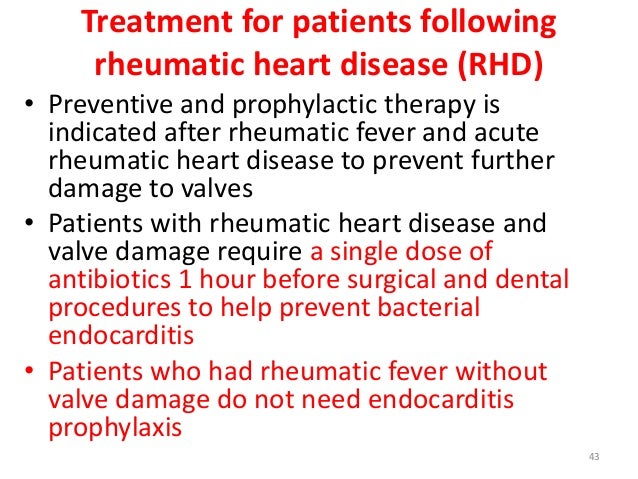
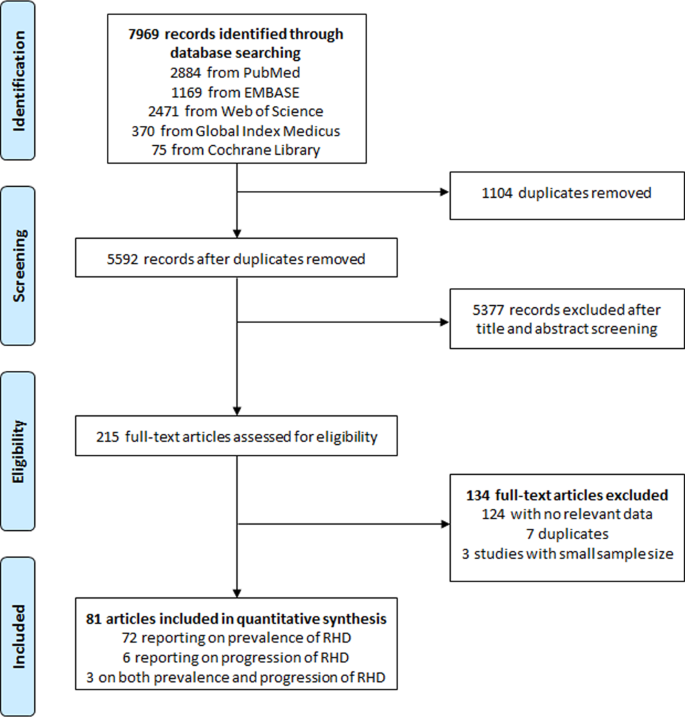








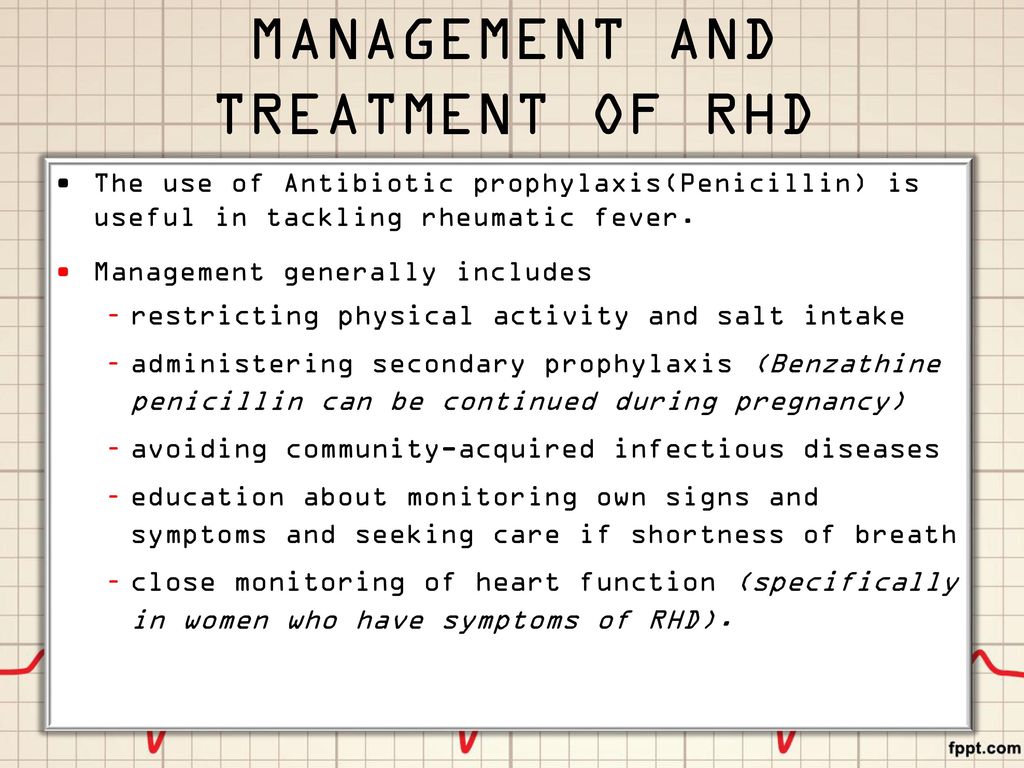

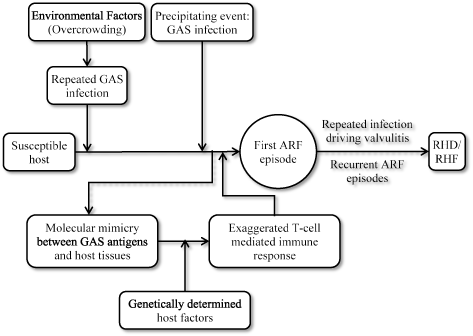


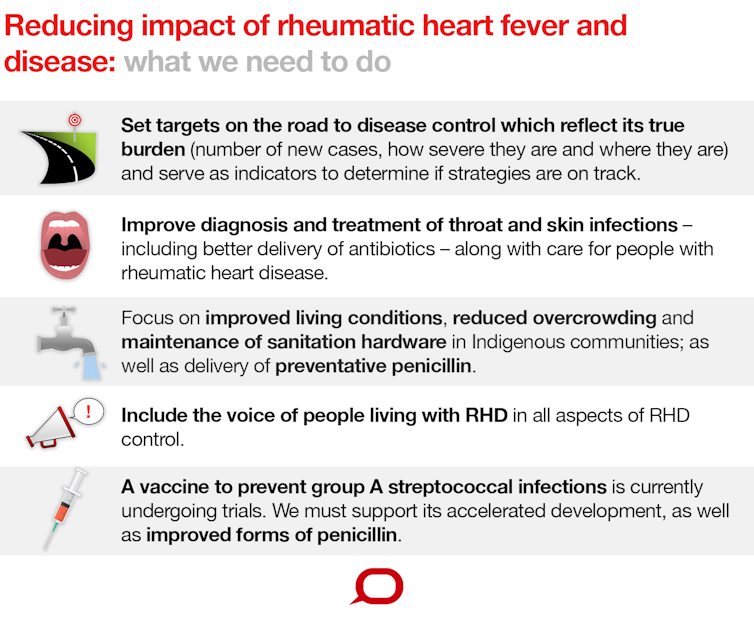
Posting Komentar untuk "Treatment Of Rheumatic Heart Disease"